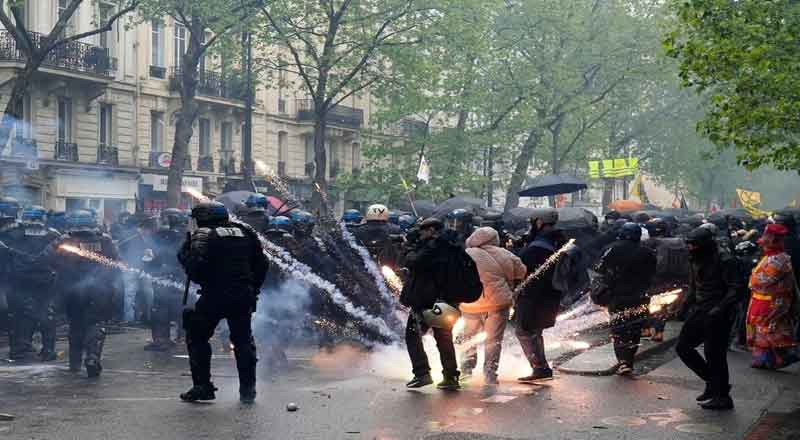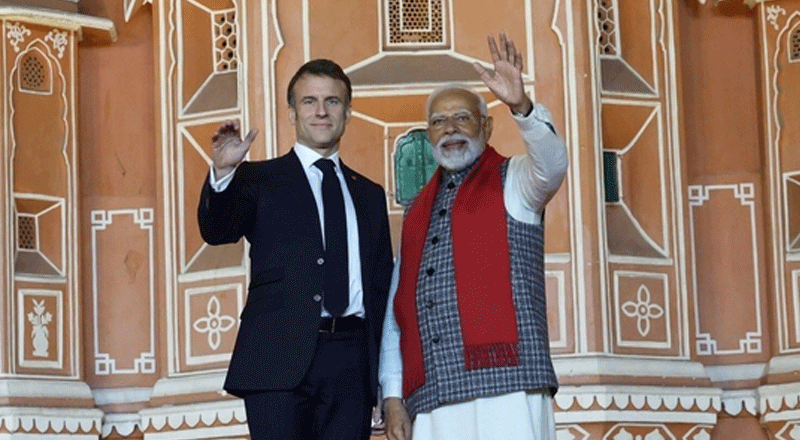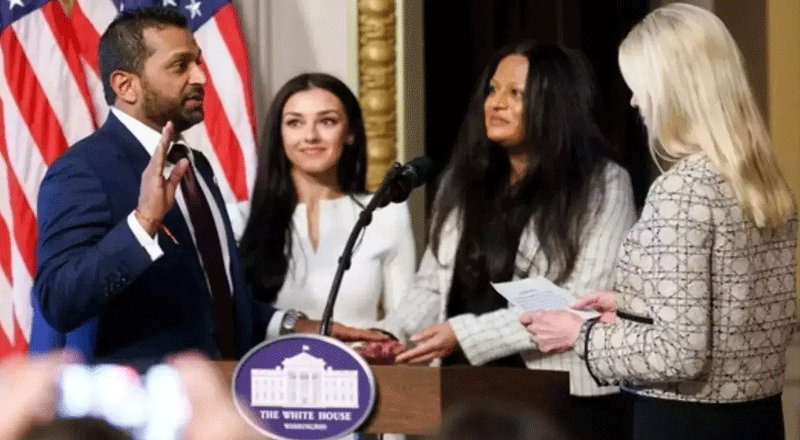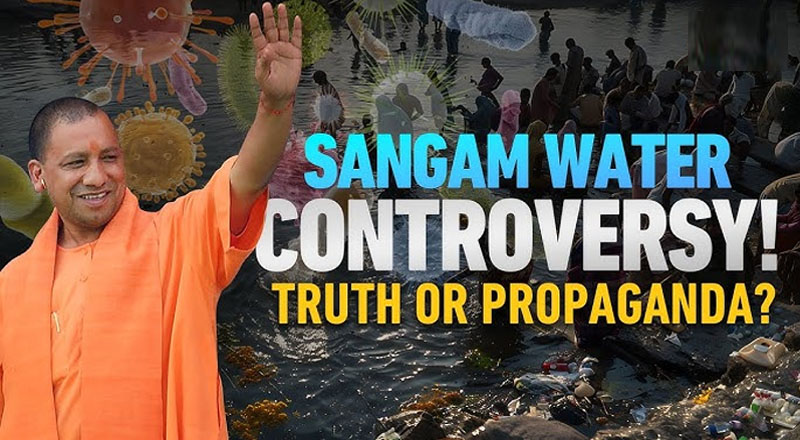Following the most devastating night of widespread rioting in response to the deadly police shooting of a teenager, French President Emmanuel Macron convened his cabinet for a second crisis meeting in two days.
Authorities reported hundreds of police officers were hurt and hundreds of people were arrested as rioters clashed with officials in towns and cities across France, torching buildings and vehicles and looting stores after the most destructive night of nationwide rioting yet in protest at the fatal shooting of a teenager by police. Interior Minister Gerald Darmanin, who deployed 40,000 officers in a bid to quell a third night of unrest, said on Twitter that police made 875 arrests.
Armoured police vehicles rammed through the charred remains of cars that had been flipped and set ablaze in the northwestern Paris suburb of Nanterre, where a police officer shot the teen identified only by his first name, Nahel. On the other side of Paris, protesters lit a fire at the city hall of the suburb of Clichy-sous-Bois and set a bus depot ablaze in Aubervilliers.
In several Paris neighborhoods, groups of people hurled firecrackers at security forces. The police station in the city’s 12th district was attacked, while some shops were looted along Rivoli Street, near the Louvre museum, and at the Forum des Halles, the largest shopping mall in central Paris.
In the Mediterranean port city of Marseille, police sought to disperse violent groups in the city center, regional authorities said.
Some 40,000 police officers were deployed to quell the protests. Police detained 667 people, the interior minister said; 307 of those were in the Paris region alone, according to the Paris police headquarters.
Macron, who has so far ruled out declaring a state of emergency, was due to fly back early from a European summit in Brussels to meet with his cabinet at 1100 GMT. In a tweet, Prime Minister Elisabeth Borne called the violence “intolerable and inexcusable” and reaffirmed her support for police and firefighters who were “bravely carrying out their duties”. Some Western governments had earlier warned their citizens in France to exercise caution.
Transport Minister Clement Beaune told RMC radio he did not rule out shutting down the capital’s public transport network early on Friday.
In Nanterre on the city’s outskirts, protesters torched cars, barricaded streets, and hurled projectiles at police following an earlier peaceful vigil held to pay tribute to the dead boy.
A source told Reuters that several Casino supermarkets were looted across the country. Paris police said they had made 307 arrests in and around the city and that nine police and fire officers had been injured.
The policeman who prosecutors said had acknowledged firing a lethal shot at the teenager was on Thursday placed under formal investigation for voluntary homicide – equivalent to being charged under Anglo-Saxon jurisdictions. He is being held in preventive detention.
Overnight in southern France, police fired tear gas grenades and Marseille’s tourist hot spot of Le Vieux Port was evacuated as youths clashed with police. Police there said they had made 56 arrests and that 38 officers had been injured. In Roubaix, in northern France, a fire destroyed the office of the TESSI company and several cars were set on fire.
The unrest has revived memories of riots in 2005 that convulsed France for three weeks and forced then-president Jacques Chirac to declare a state of emergency.
That wave of violence erupted in the Paris suburb of Clichy-sous-Bois and spread across the country following the death of two young men who ended up being electrocuted in a power substation as they hid from police.
(With inputs from agencies)





